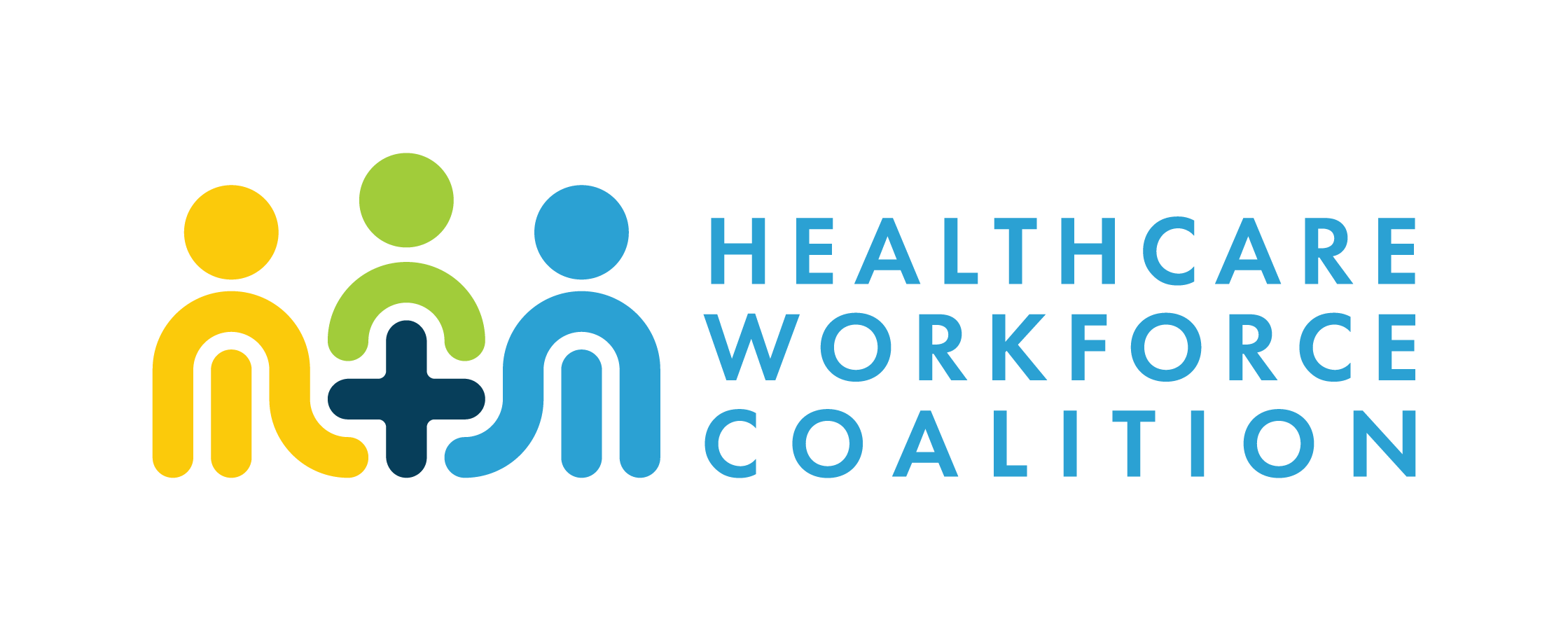Healthcare Workforce Coalition Endorses SAVE Act to Protect Hospital Workers from Workplace Violence
The Healthcare Workforce Coalition today announced its endorsement of the bipartisan Safety from Violence for Healthcare Employees (SAVE) Act (H.R. 2584 / S. 2768), which aims to protect hospital employees from violence in the workplace. The Senate bill was introduced on September 12 by Sens. Joe Manchin (D-WV) and Marco Rubio (R-FL). Reps. Larry Bucshon,…
